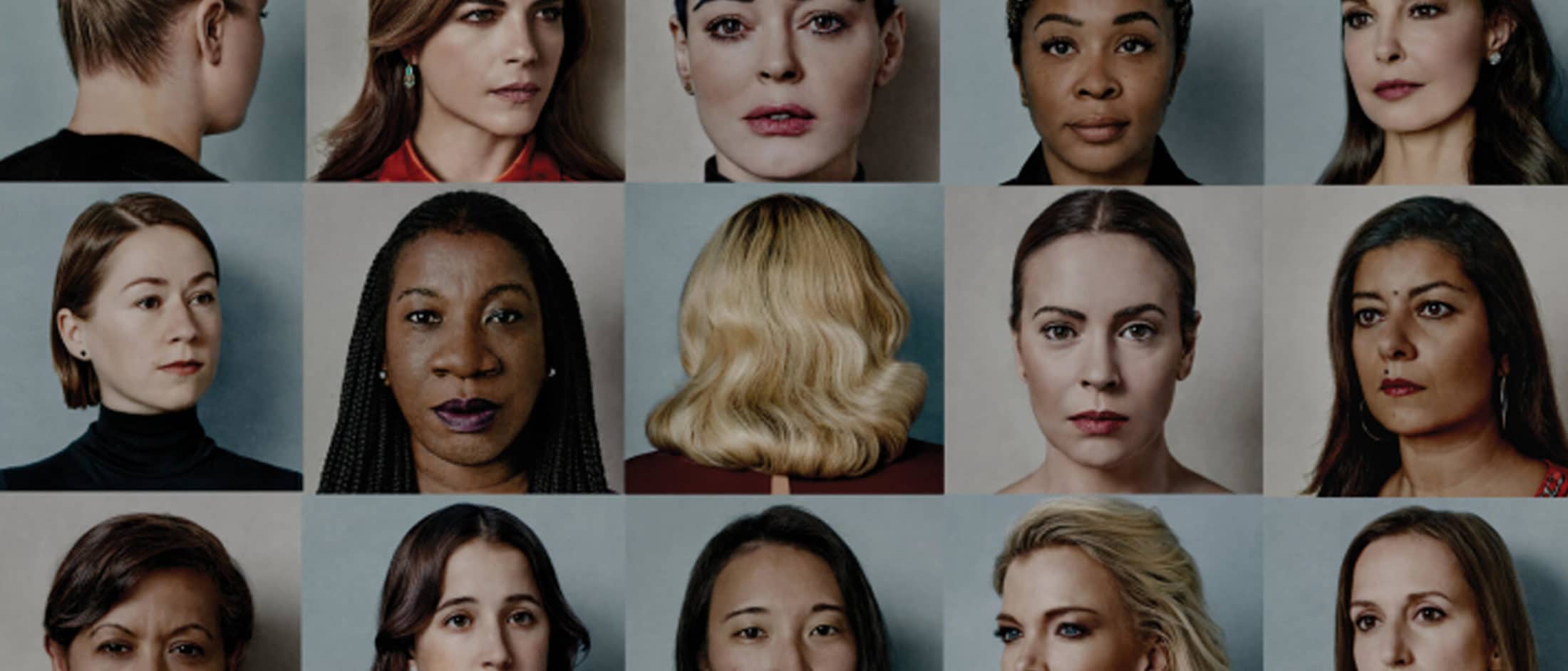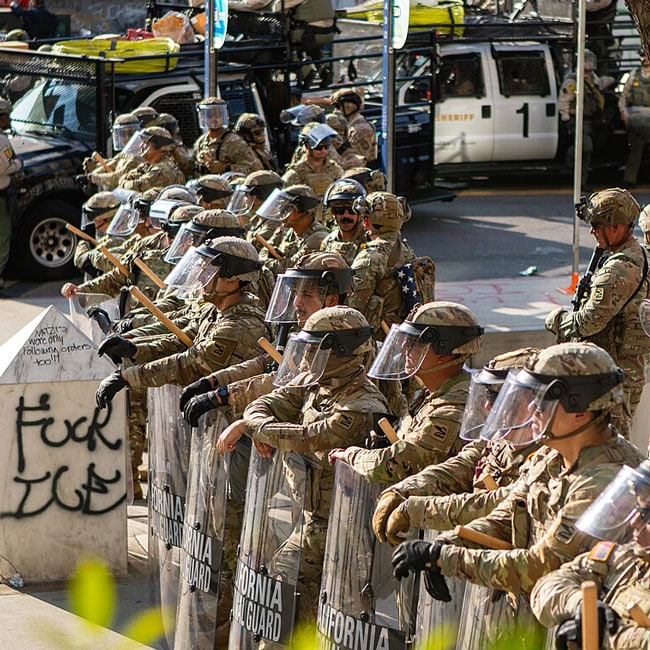
Why victims remain silent and then find their voice
Opinion + AnalysisPolitics + Human RightsRelationships
BY Dennis Gentilin The Ethics Centre 7 DEC 2017
TIME Magazine’s announcement comes amid a storm of reckoning with sexual harassment and abuse charges in power centres worldwide. The courageous victims who, over the past few months, surfaced and made public their experiences of sexual harassment have sparked a social movement – typified in the hashtag #MeToo.
One of the features of the numerous sexual harassment claims that have been made public is the number of victims that have come forward after the first allegations have surfaced. Women, many of whom have suffered in silence for a considerable period of time, all of a sudden have found their voice.
As an outsider not involved in these incidents, this pattern of behaviour might be difficult to comprehend. Surely victims would speak up and take their concerns to the appropriate authorities? Unfortunately, we are very poor at judging how we would behave when we are placed in difficult, stressful situations, as previous research has found.
How we imagine we would respond in hypothetical situations as an outsider differs significantly to how we would respond in reality – we are very poor at appreciating how the situation can influence our conduct.
In 2001, Julie Woodzicka and Marianne LaFrance asked 197 women how they would respond in a job interview if a man aged in his thirties asked them the following questions: “Do you have a boyfriend?”, “Do people find you desirable?” and “Do you think women should be required to wear bras at work?” Over two-thirds said they would refuse to answer at least one of the questions whilst sixteen of the participants said they would get up and leave.
When Woodzicka and LaFrance placed 25 women in this situation (with an actor playing the role of the interviewer), the results were vastly different. None of the women refused to answer the questions or left the interview.
In all these incidents of sexual abuse we typically find that an older man, who is more senior in the organisation or has a higher social status, preys on a younger, innocent woman. And perhaps most importantly, the perpetrator tends to hold the keys to the victim’s future prospects.
And there are many reasons why people remain silent. Three of the most common are fear, futility and loyalty – we fear consequences, we surmise that speaking up is futile because no action will be taken, or, as strange as it might sound, we feel a sense of loyalty to the perpetrator or our team.
There are a variety of dynamics that can cause people to reach these conclusions. The most common is power. In all these incidents of sexual abuse we typically find that an older man, who is more senior in the organisation or has a higher social status, preys on a younger, innocent woman. And perhaps most importantly, the perpetrator tends to hold the keys to the victim’s future prospects.
In these types of situations, it is easy to see how the victim can lose their sense of agency and feel disempowered. They might feel that even if they did speak up, nobody would believe their story. The mere thought of challenging such a “highly respected” individual is too daunting. Worse yet, their career would be irreparably damaged. Perhaps, by keeping quiet, they could get the break they need and put the experience behind them.
A second dynamic at play is what psychologists refer to as pluralistic ignorance. First conceived in the 1930s, it proposes that the silence of people within a group promotes a misguided belief of what group members are really thinking and feeling.
In the case of sexual harassment, when victims remain silent they create the illusion that the abuse is not widespread. Each victim feels they are isolated and suffering alone, further increasing the likelihood that they will repress their feelings.
By speaking out, women have shifted the norms surrounding sexual assault. Behaviour which may have been tolerated only a few years (perhaps months) ago is now out of bounds.
But as the events of the past few weeks have demonstrated, the norms promoting silence can crumble very quickly. People who suppress their feelings can find their voice as others around them break their silence. As U.S. legal scholar Cass Sunstein recently wrote in the Harvard Law Review Blog, as norms are revised, “what was once unsayable is said, and what was once unthinkable is done.”
And this is exactly what has happened over the past few months. Both perpetrators and victims alike are now reflecting on past indiscretions and questioning whether boundaries were crossed.
Only time will tell whether the shift in norms is permanent or fleeting. As is always the case with changes in social attitudes, this will be determined by a myriad of factors. The law plays a role but as the events of the past few months have demonstrated it is not as important as one might think.
Among other things, it will require the continued courage of victims. But perhaps more importantly it will require men, especially those who are in positions of power and respected members of our communities and institutions, to role model where the balance resides between extreme prudery at one end, and disgusting lechery on the other.
Ethics in your inbox.
Get the latest inspiration, intelligence, events & more.
By signing up you agree to our privacy policy
You might be interested in…
Opinion + Analysis
Politics + Human Rights
Lessons from Los Angeles: Ethics in a declining democracy
Opinion + Analysis
Politics + Human Rights
The rights of children
Opinion + Analysis
Relationships
Why listening to people we disagree with can expand our worldview
Opinion + Analysis
Politics + Human Rights




